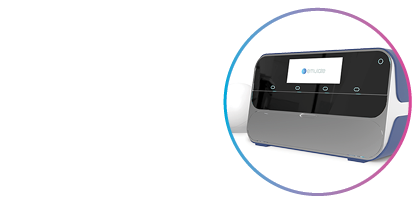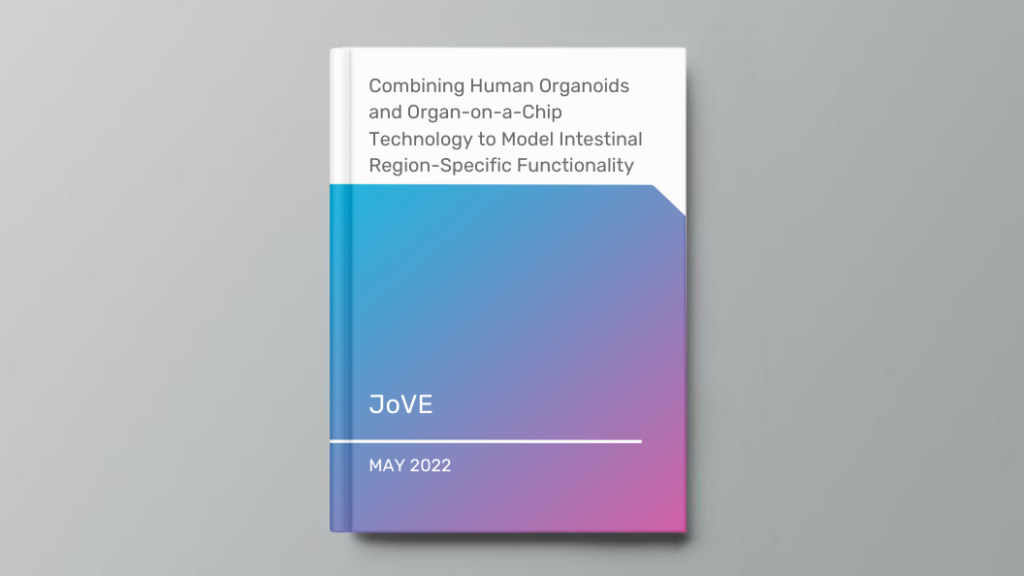Organ Model: Intestine (Colon and Duodenum)
Application: Model Development
Abstract: The intestinal mucosa is a complex physical and biochemical barrier that fulfills a myriad of important functions. It enables the transport, absorption, and metabolism of nutrients and xenobiotics while facilitating a symbiotic relationship with microbiota and restricting the invasion of microorganisms. Functional interaction between various cell types and their physical and biochemical environment is vital to establish and maintain intestinal tissue homeostasis. Modeling these complex interactions and integrated intestinal physiology in vitro is a formidable goal with the potential to transform the way new therapeutic targets and drug candidates are discovered and developed. Organoids and Organ-on-a-Chip technologies have recently been combined to generate human-relevant intestine chips suitable for studying the functional aspects of intestinal physiology and pathophysiology in vitro. Organoids derived from the biopsies of the small (duodenum) and large intestine are seeded into the top compartment of an organ chip and then successfully expand as monolayers while preserving the distinct cellular, molecular, and functional features of each intestinal region. Human intestine tissue-specific microvascular endothelial cells are incorporated in the bottom compartment of the organ chip to recreate the epithelial-endothelial interface. This novel platform facilitates luminal exposure to nutrients, drugs, and microorganisms, enabling studies of intestinal transport, permeability, and host-microbe interactions. Here, a detailed protocol is provided for the establishment of intestine chips representing the human duodenum (duodenum chip) and colon (colon chip), and their subsequent culture under continuous flow and peristalsis-like deformations. We demonstrate methods for assessing drug metabolism and CYP3A4 induction in duodenum chip using prototypical inducers and substrates. Lastly, we provide a step-by-step procedure for the in vitro modeling of interferon gamma (IFN?)-mediated barrier disruption (leaky gut syndrome) in a colon chip, including methods for evaluating the alteration of paracellular permeability, changes in cytokine secretion, and transcriptomic profiling of the cells within the chip.

